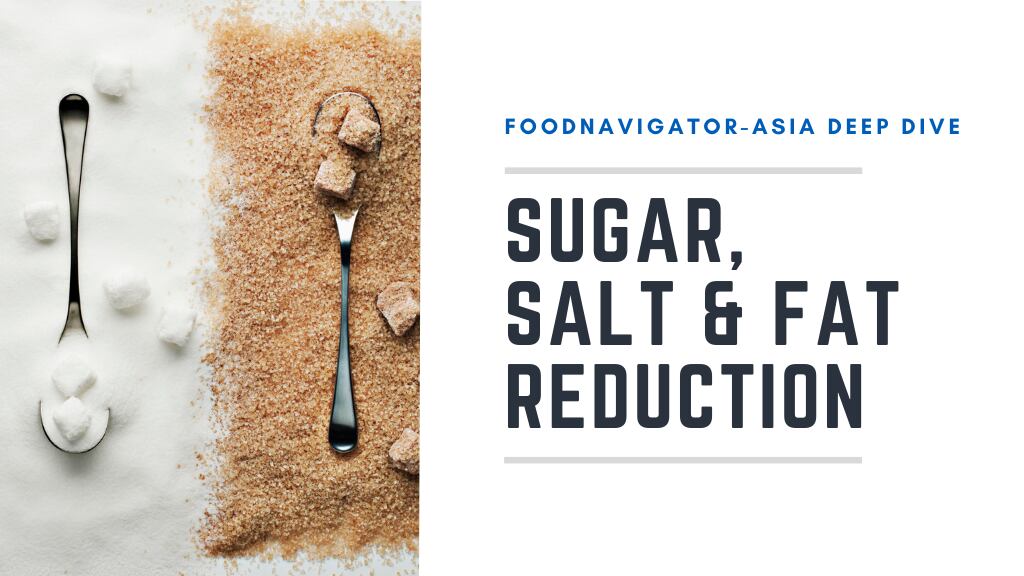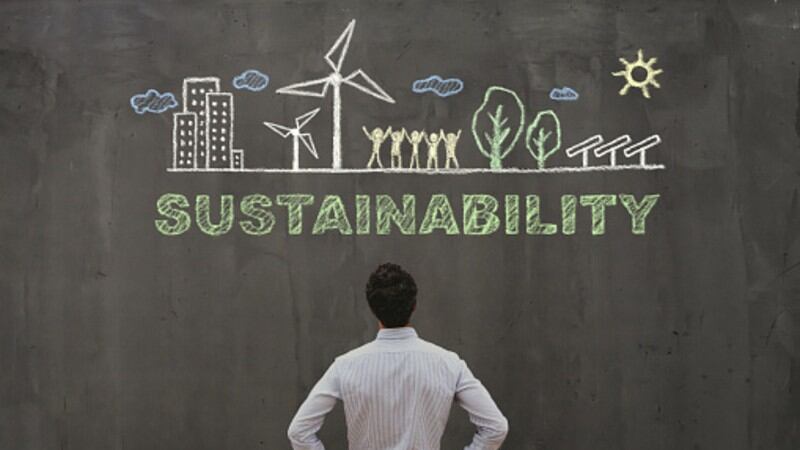Keep your exports close: Why palm oil sector should not neglect ASEAN as it seeks to diversify exports
The palm oil sector needs to prioritise growth in South East Asian countries alongside its efforts to diversify export destinations, with one industry expert predicting that regional demand will boom in the near future.
Major target export markets for the palm oil industry have traditionally been big players like China and India, and earlier this year major producer country Malaysia had also revealed plans to diversify target markets to other regions such as the Middle East and Eastern Europe.
But despite the world’s largest producers Indonesia and Malaysia being located in South East Asia, very little has been mentioned about focusing efforts on increasing palm oil penetration into neighbouring ASEAN markets – but according to an industry expert, this should be more of a priority for the industry.
“Based on data we have mapped from the 1960s to this year for countries in South East Asia, we have seen a clear pattern that as GDPs rise in a country, demand for vegetable oil will rise parallel with it,” research consultancy LMC International Head of South East Asia Dr Julian Conway McGill told the audience at a recent Malaysian Palm Oil Council (MPOC) event.
COVID-19 and imports: Sharp pricing and localisation strategies key for F&B brands to gain ASEAN entry
International food and beverage brands looking to gain a foothold in the ASEAN market via local distributors need to step up their game when pitching pricing and localisation strategies, as a new survey has revealed waning interest in new product launches.
The survey was conducted by the ASEAN Food & Drink Exporters Forum in September 2021, where it surveyed over 1,000 food and beverage importers across Indonesia, Malaysia, Philippines, Singapore, Vietnam, Thailand.
“Surprisingly, when we asked these companies whether they were still reviewing new F&B distribution opportunities in their ASEAN markets, the percentage dropped by 8.2% this year to 88.5% compared to in 2020’s 96.7% during the thick of the pandemic,” ASEAN Food & Drink Exporters Forum Chair Cameron Gordon said.
“This is of course still a relatively high number, but there is a definite observable drop, which we believe is because the long tail of COVID-19 has impacted many firm’s confidence in launching new brands in the F&B sector somewhat.
Indonesia’s BRIN develops solution to turn trash fish into raw material for cultured meat sector
Indonesia’s National Research and Innovation Agency (BRIN) has developed a solution to turn fish waste into protein hydrolysate, a raw material that can be used to manufacture peptone for the cultured meat sector.
Cultured meat companies use microbial growth media to provide cells with nutrition, with peptone supplying the nitrogen for organisms to grow. Currently, cultured meat companies use peptone derived from animal meat for its growth media, but the researchers at BRIN think using fish waste can be a less costly process, offer a better nutritional profile in terms of higher protein and amino acid, and create a higher value ingredient.
Trash fish are bycatches by fishermen, usually in areas where there is shrimp trawling activity, where small fishes are accidentally caught.
Wawan Kosasih, team leader of the project at BRIN, said: “At the fish auction, many trash fish are not sold because they are not preferred for consumption, and they are usually sold at very cheap prices for animal feed or even thrown away as garbage. We had an idea to increase the economic value of the fish and as a solution for treating discarded fish waste.”
Calling to the heart: How Nestle and Yeo’s ‘emotional’ digital strategies secured success
Branding experts spearheading successful Nestle and Yeo’s marketing campaigns amidst the COVID-19 pandemic have highlighted the importance for food and beverage brands to fulfil consumers’ emotional needs via digital strategies in order to ensure continued survival.
Consumers making food and beverage purchases usually make these purchase decisions based on products’ nutritional or functional characteristics, and brands can fulfil these needs by making better products – but in today’s COVID-19-endemic world, brands will need to do more to survive long-term, and this includes appealing and satisfying consumers’ emotional needs to capture their attention as well.
“As most people know, the main difference in terms of brand and product marketing today versus pre-COVID-19 has been the rise of [digital platforms] such as social commerce and the strengthening of e-commerce, [so much so] that there has been a almost-mandatory move for all food and beverage brands towards digital,” branding and integration agency Mashwire Co-Founder Jeff Ng told FoodNavigator-Asia.
Food supply chain recovery: Sector crucial for economies to get back on track after pandemic pressures - APEC ministers
Top-ranking ministers from the Asia Pacific Economic Co-operation (APEC) have underlined that food supply chains and open trade in the region are crucial to boosting economic revival post-pandemic – but huge challenges persist around tariffs, protectionist policies and simmering tensions between major nations
Ministers from the 21 APEC member countries – which are both APAC and non-APAC nations bordering the Pacific Ocean – convened virtually at the recent APEC Ministerial Meeting 2021, hosted this year by New Zealand. This was co-chaired by New Zealand Foreign Affairs Minister Nanaia Mahuta, and Trade and Export Growth Minister Damien O’Connor.
In this meeting, the ministers agreed that the recovery of food supply chains and open trade between all APEC member countries was vital to getting economies back to pre-COVID-19 levels, both across developing and developed economies.
“The ongoing impact of COVID-19 is [still] being felt throughout [all of the] region’s food supply chains [more than a year after the pandemic hit],” they told media after the event.





